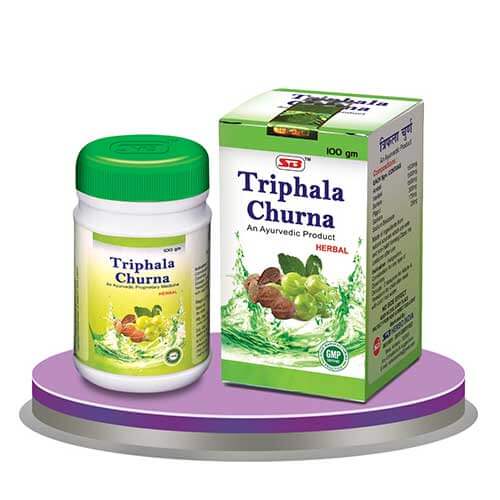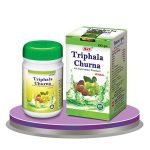Neem, scientifically known as Azadirachta indica, is a versatile tree native to the Indian subcontinent. It's often referred to as the "wonder tree" or "village pharmacy" due to its numerous uses in traditional medicine, agriculture, and more. Here’s an overview of neem:

Uses:
- Traditional Medicine: Neem has a long history of use in Ayurveda and other traditional medicine systems. It is used to treat various ailments, including skin diseases (acne, eczema, psoriasis), digestive problems, diabetes, malaria, fever, and pain.
- Pesticide: Neem oil and leaf extracts are effective natural insecticides and repellents against pests like mosquitoes, termites, and lice.
- Cosmetics: Neem oil and extracts are used in various cosmetic products like soap, shampoo, and toothpaste due to their antiseptic and anti-inflammatory properties.
- Dental Care: Neem twigs are used as natural toothbrushes and chewing sticks for oral hygiene in some cultures.
- Agriculture: Neem cake, a byproduct of oil extraction, is used as an organic fertilizer and soil amendment.
Benefits:
-
Antibacterial and Antifungal: Neem possesses potent antibacterial and antifungal properties, making it effective for treating skin infections, wounds, and fungal diseases.
-
Anti-inflammatory: Neem exhibits anti-inflammatory properties, which help reduce inflammation and swelling associated with various conditions like a pain, psoriasis, and eczema.
-
Antioxidant: Neem is rich in antioxidants that protect cells from damage caused by free radicals. This can help prevent chronic diseases like cancer and heart disease.
-
Antidiabetic: Neem has shown potential benefits in managing blood sugar levels and improving insulin sensitivity, making it a promising natural remedy for diabetes.
-
Immunomodulatory: Neem can modulate the immune system, potentially enhancing the body's natural defense mechanisms against infections and diseases.
Side Effects:
While Neem is generally considered safe for most people, it can cause some side effects, especially when ingested:
-
Nausea and vomiting: High doses of Neem can cause nausea, vomiting, and diarrhea.
-
Liver damage: Excessive intake of Neem may harm the liver in some individuals.
-
Pregnancy and breastfeeding: Neem is not recommended for pregnant or breastfeeding women due to its potential to affect the fetus or infant.
-
Drug interactions: Neem can interact with certain medications, potentially impacting their effectiveness.
It is important to consult a healthcare professional before using Neem, especially if you have any underlying health conditions or are taking medications.
Here are some additional things to keep in mind about Neem:
-
The effectiveness of Neem can vary depending on the preparation and dosage.
-
More research is needed to validate the potential health benefits of Neem for various conditions.
-
When using Neem for skin conditions, always perform a patch test to check for any allergic reactions.
Overall, Neem is a versatile herb with a wide range of potential applications. Its medicinal properties and diverse uses make it a valuable addition to natural health and wellness practices.
BEST AYURVEDIC MEDCINE
 |
BUY NOW |













